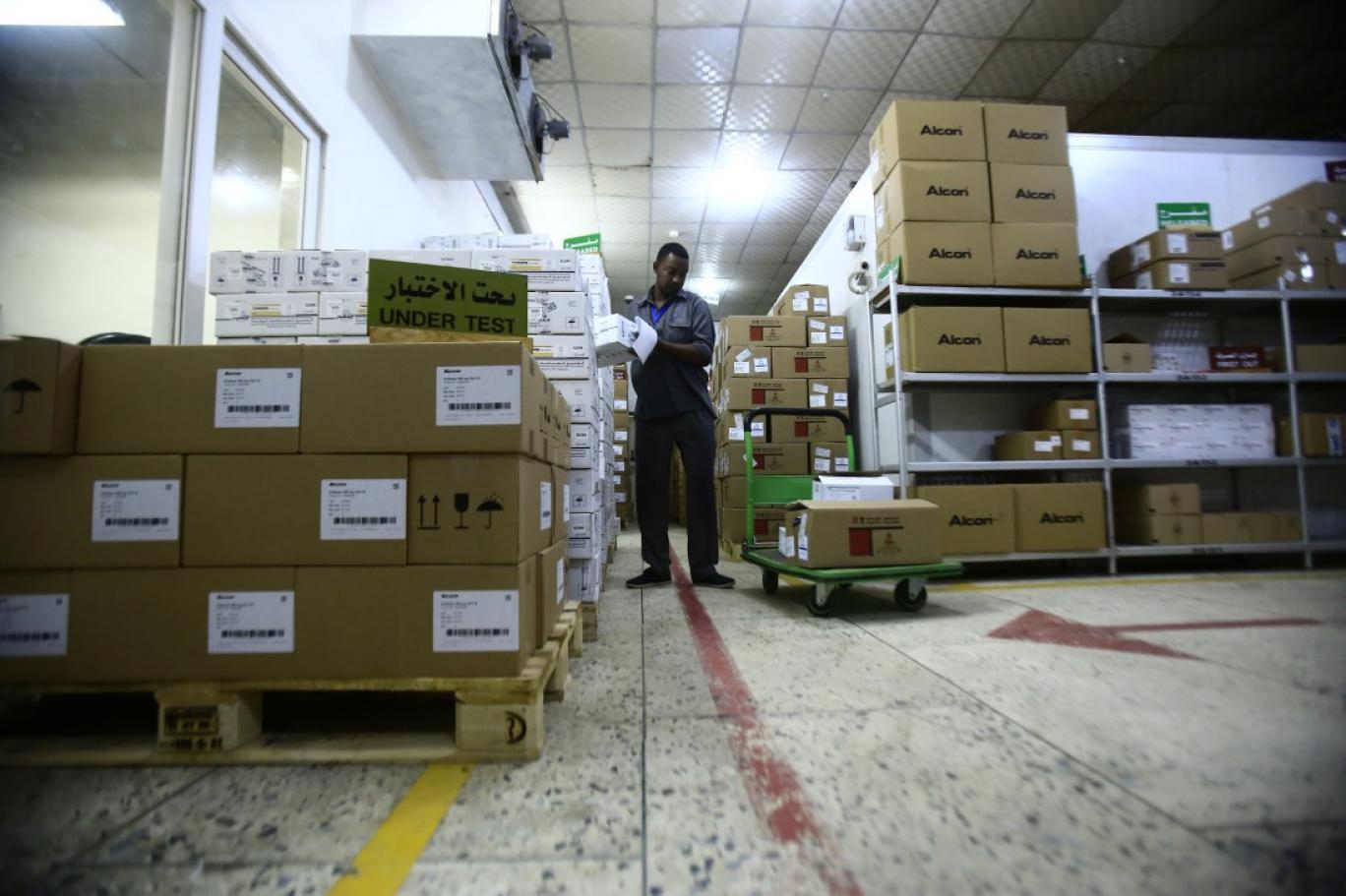Sudani Net:
A report revealed the current situation of the pharmaceutical factories in Sudan and the current position of the existing industrial facilities in the state of Khartoum.
The report revealed that (758) thousand establishments were idle, or 26% of the total number of industrial establishments amounting to (3100), while the number of operating factories reached (2352), or 74%.
The report confirmed that (54) of the 84 pharmaceutical factories operating in Sudan have stopped. The report indicated that the number of actually operating factories is (30), and indicated that most of these factories are either not constructed or under construction, despite the completion of their procedures.
The report indicated that the number of vegetable oil factories in Sudan amounts to a total of (79) factories, of which (38) are operating, (25) are suspended, and (16) are under construction, according to the final report of the field inventory data for the oils sector 2016 and the industrial records of the General Administration. industry, for the year 2022.
The report indicated that there are nine industrial zones distributed geographically at the state level with a total area of (66,21,585), and it also includes (126,24) factories according to the constructed plan, of which about 83% are under construction, 6% are empty, and 5% are fenced.
According to ownership classification, 88% of them are owned by national capital, 5% by foreign capital, and 2% by partnership between the national and foreign sectors.
The report said that these areas lack integrated services such as electricity, water, sanitation and roads, which led to high operating and investment costs, which affected the attraction of investors.
The report attributed the reasons for the suspension of industrial establishments to weak or non-implementation of investment laws, poor infrastructure, high production costs, increased taxes and fees with different names, lack of financing and high costs, in addition to not finding new markets for the product, different partners or devolution of ownership of some industrial projects to heirs, which led to This led to its cessation, in addition to the weak and unqualified management, as well as the restriction of bank financing to microfinance only.
